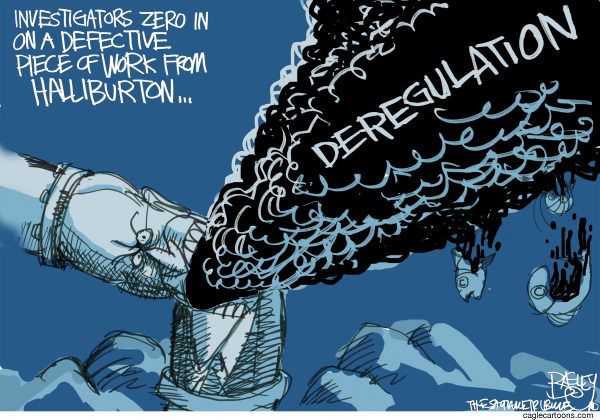When the Wall Street bankers ran up hundreds of billions of debt they could not pay back they convinced the American taxpayers (via the government) to bail them out, no questions asked.
However, when the American taxpayer runs up a little debt, not only is there no bailout, there is no mercy either.
It’s not a crime to owe money, and debtors’ prisons were abolished in the United States in the 19th century. But people are routinely being thrown in jail for failing to pay debts….
“The law enforcement system has unwittingly become a tool of the debt collectors,” said Michael Kinkley, an attorney in Spokane, Wash., who has represented arrested debtors. “The debt collectors are abusing the system and intimidating people, and law enforcement is going along with it.”
Frequently the bail is set at the exact same amount as the debt owed. While this makes it easy for judges, it is also a tacit admission that these are de facto debtor prisons.
Many state constitutions bar imprisonment for debts, yet in many cases the judges in these states don’t seem to care. Some seem eager to side with the powerful against the weak.




